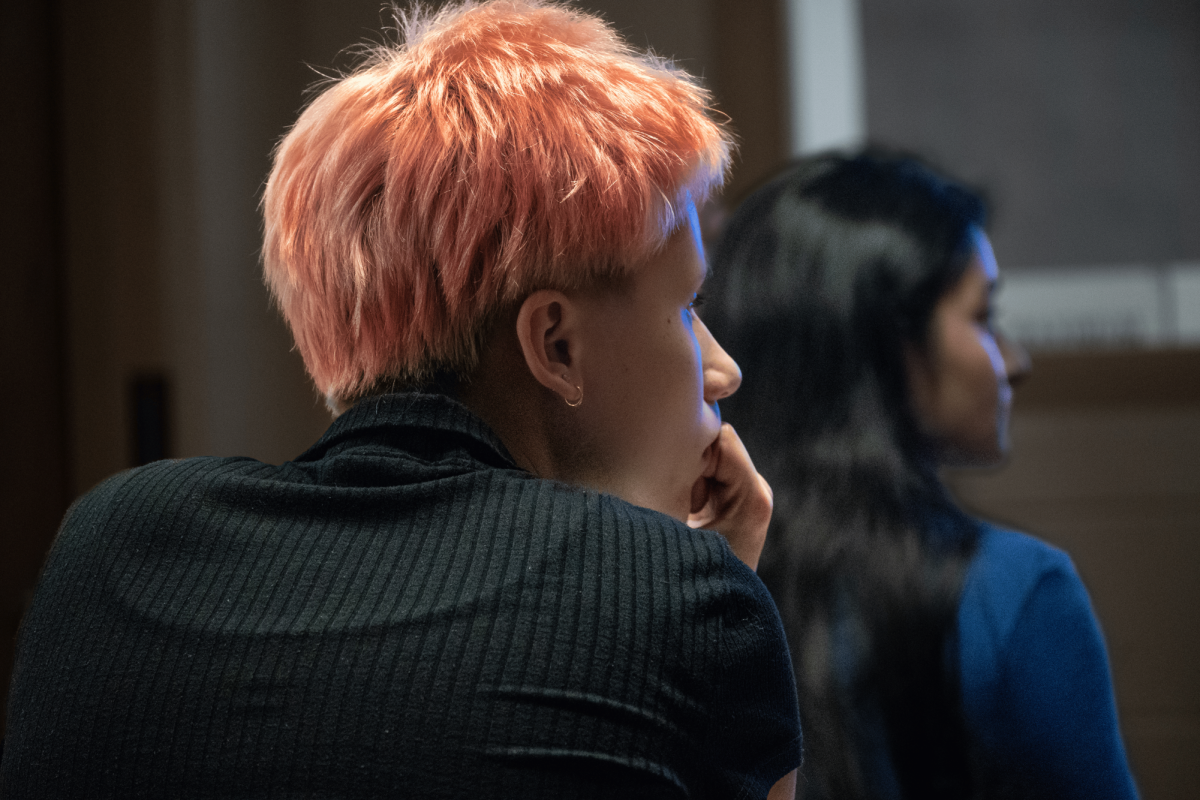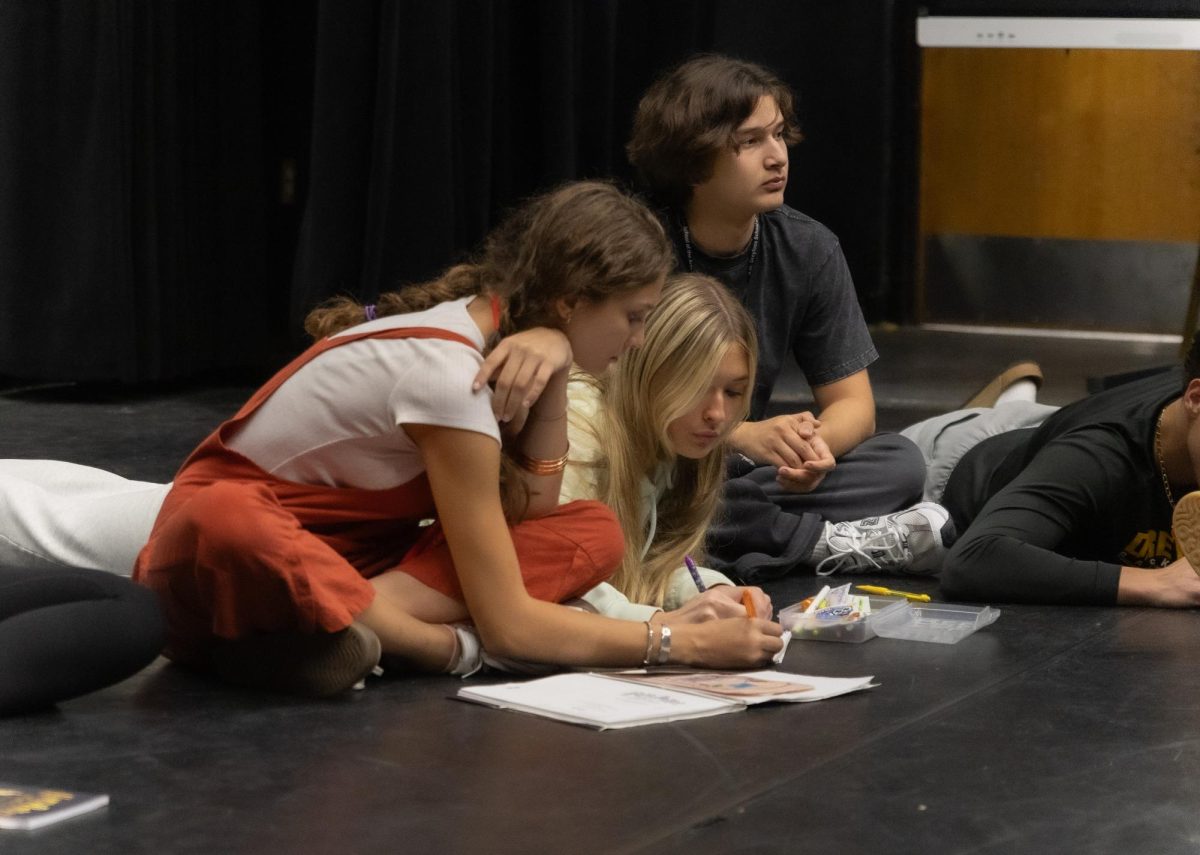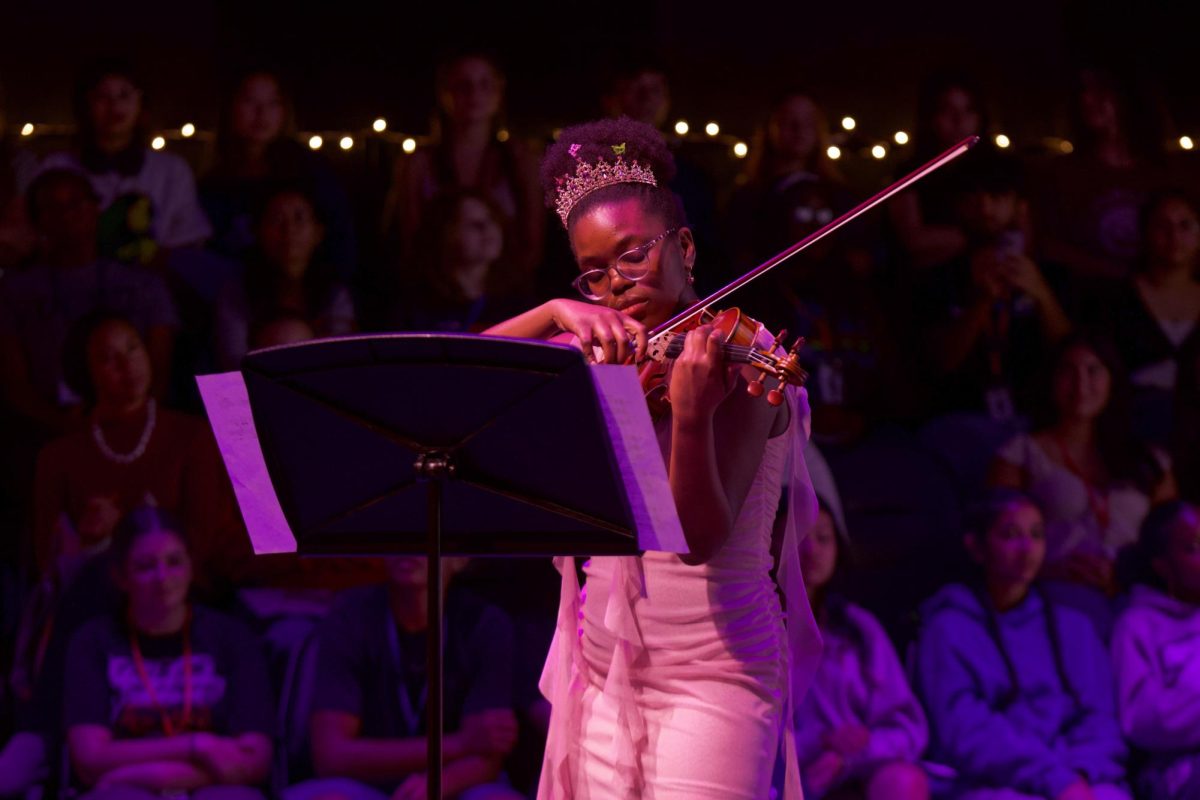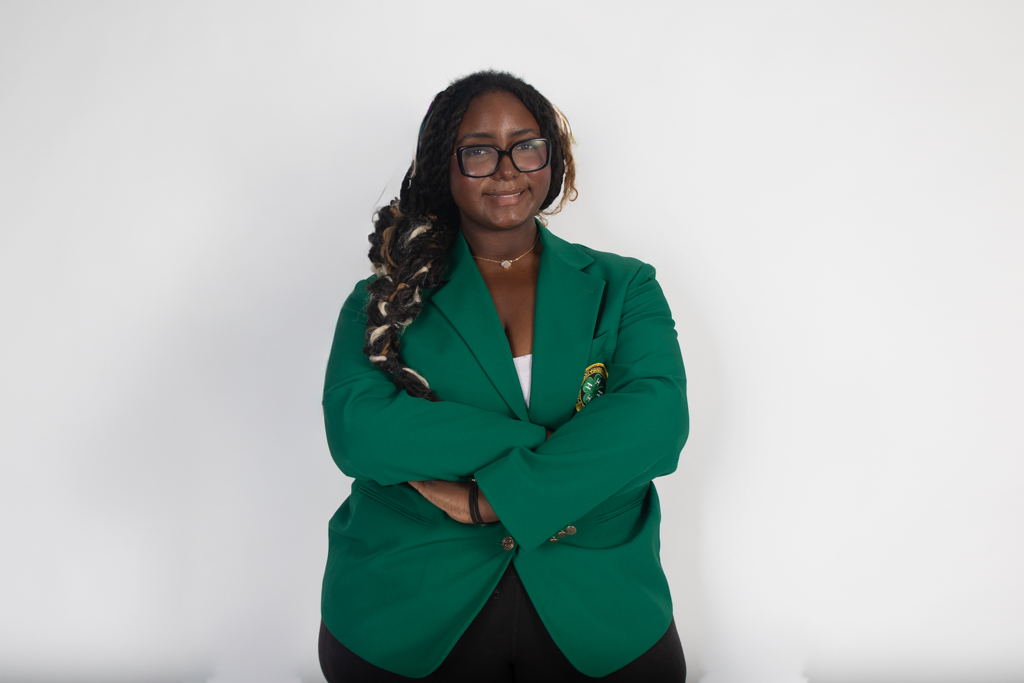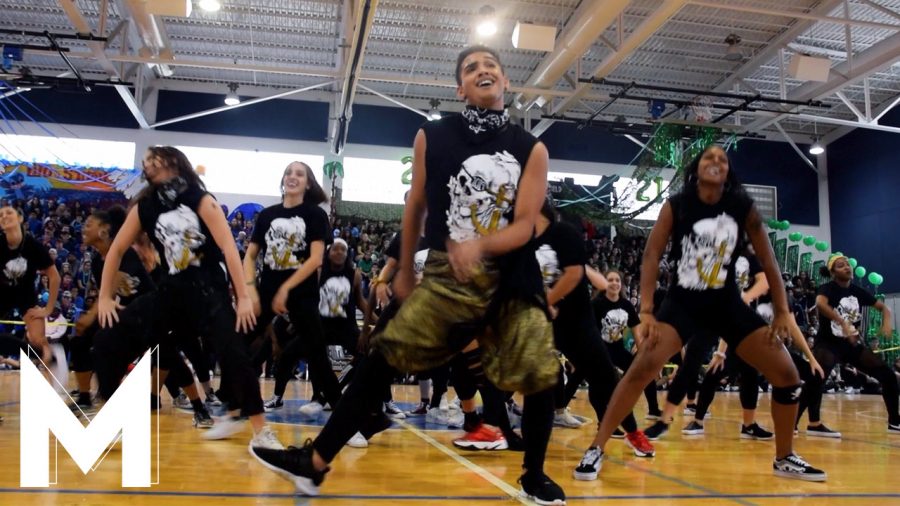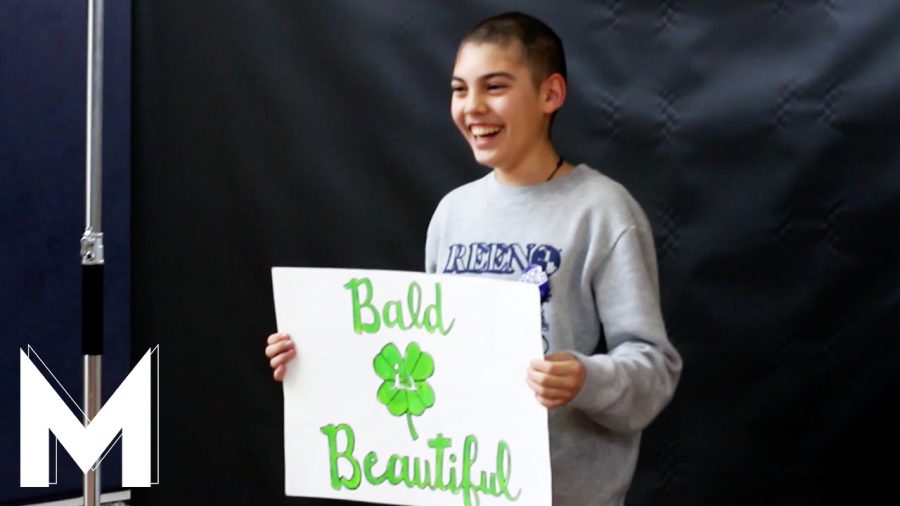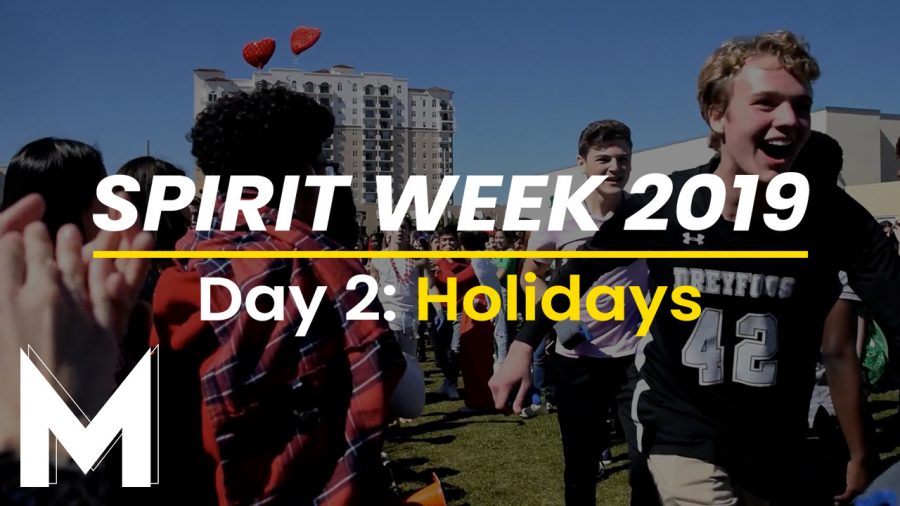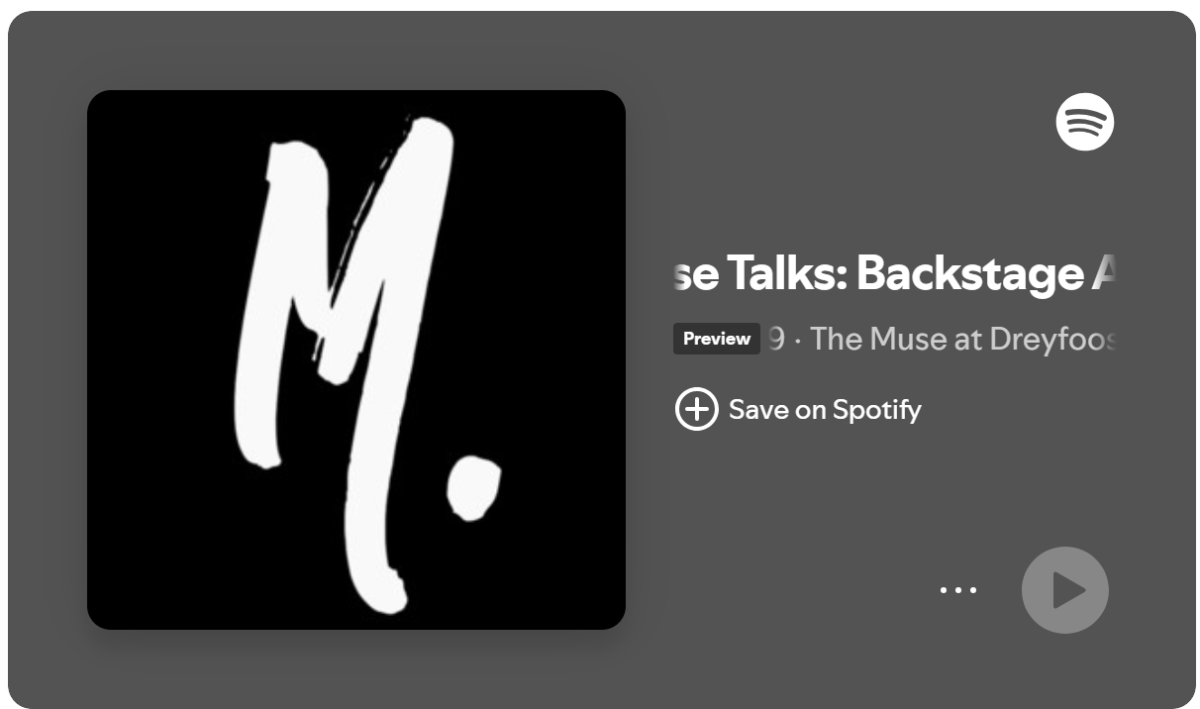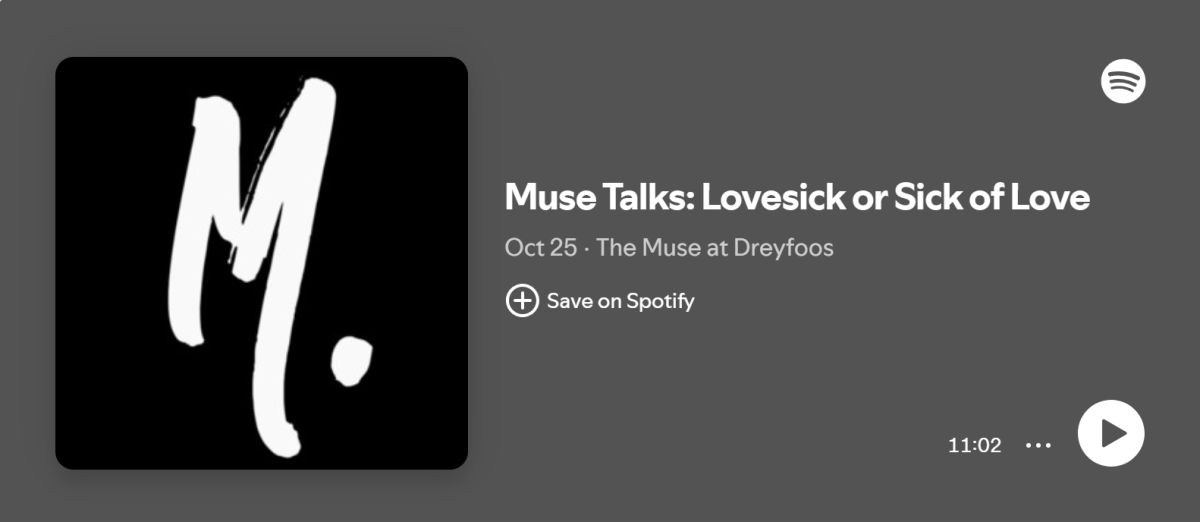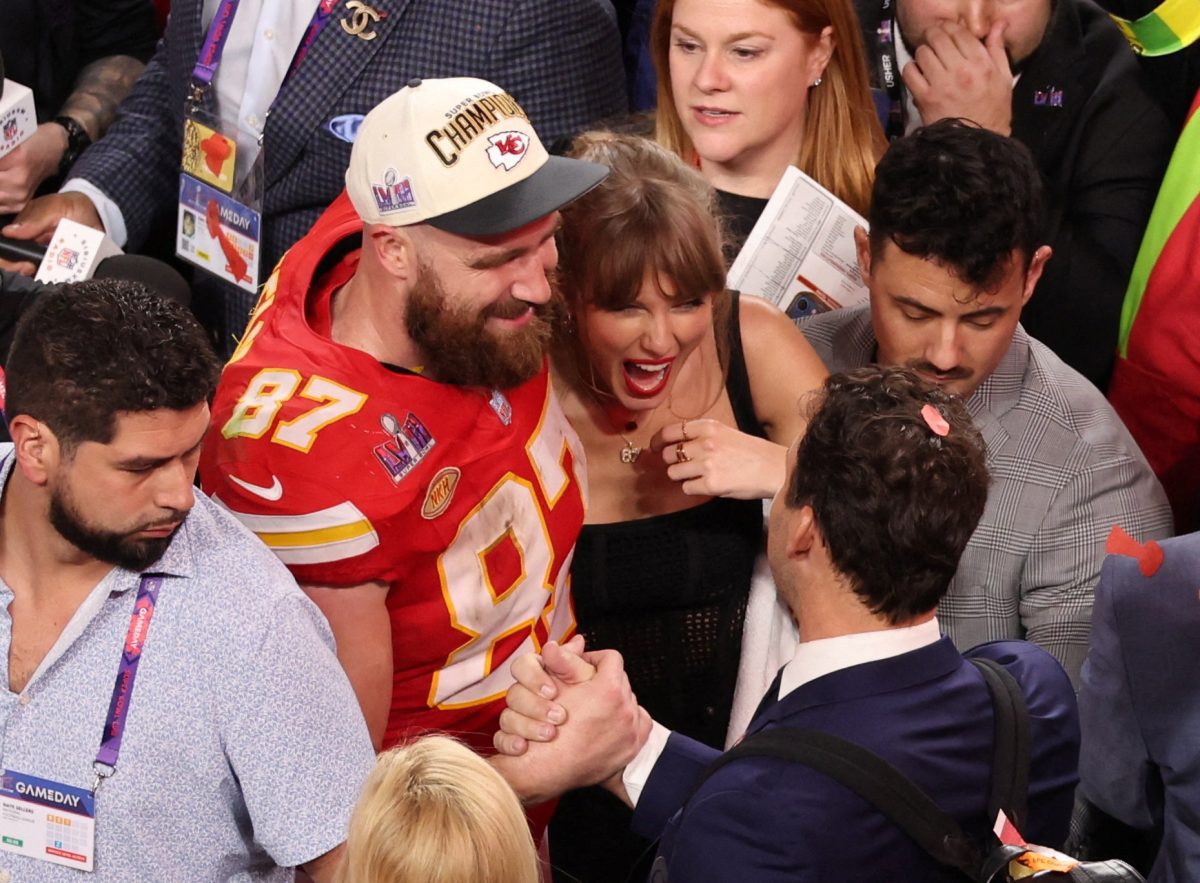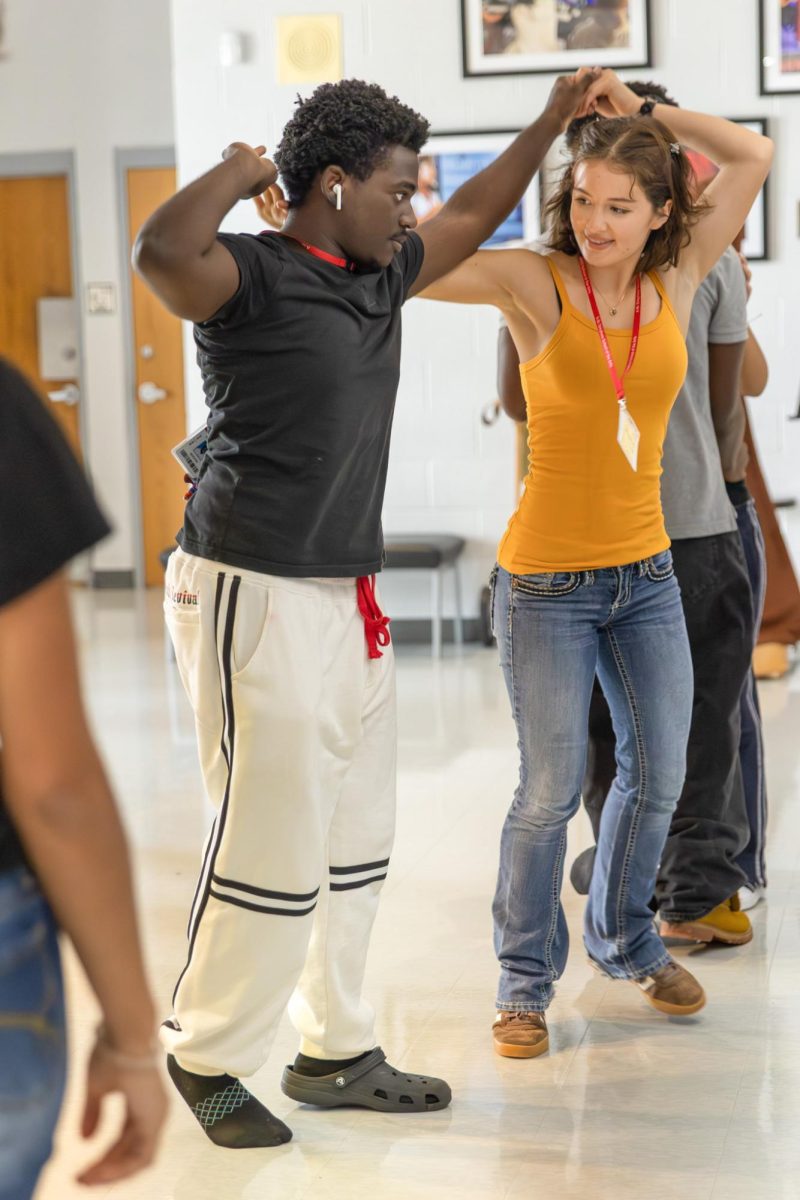A Word on Gun Violence
On Feb. 27, 2012 T.J. Lane, an Ohio teen opened fire in the cafeteria of Chardon High School, leaving three of his fellow students dead and countless others injured.
The following day, Feb. 28, a 25-year-old Newark police officer was shot outside a bar leaving him permanently disabled.
Although both these incidents were tragic stories, they didn’t receive nearly the amount of media coverage as the fatal shooting of seventeen-year-old Trayvon Martin did.
The case generated intense national debate mostly because of shooter George Zimmerman’s alleged racial profiling. But the Zimmerman trial should not have been about race. It was a clear reflection of an even bigger problem – gun violence. Our anger shouldn’t be directed at Mr. Zimmerman, but at the gun violence in this country.
According to the Law Center to Prevent Gun Violence, guns took the lives of 31,076 Americans in homicides, suicides, and unintentional shootings last year. This is the equivalent to more than 85 deaths each day and more than three deaths per hour.
In many situations, the media portrayed Mr. Zimmerman as a villain. A villain that targeted a young African American man who just wanted to enjoy some iced tea and Skittles. But the more I looked into it, the more I realized the media was doing the racial profiling, not Mr. Zimmerman. In an interview with Anderson Cooper, Juror B37 confirmed that this case “was never about race.”
It was dark, raining, and Martin did have on a hoodie covering his face, according to eyewitness reports. Although to Mr. Zimmerman he may have looked suspicious, to me this was more of an abuse of power rather than an attack on someone based on his or her race. Mr. Zimmerman followed all the right steps – he saw someone he believed was suspicious, he called law enforcement but despite their warnings to not pursue it, he did – and that’s where he was wrong.
I, like many others, initially believed that Mr. Zimmerman was guilty. The media presented it in a way that made it impossible to look at Mr. Zimmerman as an innocent man. However, I think it is important to consider that the jurors did not have access to the media. The only thing they had to base their judgment on was the evidence and testimony provided within the courtroom. Despite the fact that juror B37 truly believed Mr. Zimmerman feared for his life when he shot an unarmed teenager, there was no reason to acquit him of all blame. If Mr. Zimmerman could take matters into his own hands as he did when he went against orders of the 911 dispatcher, then it opens the door for others to do as well.
Although Mr. Zimmerman was acquitted, the potential criminal civil suits that will be pursued against him should present another opportunity to ramify the dangers of firearms. I believe the “miscarriage of justice”, as Martin’s father, Tracy put it in a press conference following the verdict, will soon show that even if justice isn’t served initially, it will always prevail in the end.
Your donation will support the student journalists of Dreyfoos School of the Arts. Your contribution will allow us to purchase equipment and cover our annual website hosting costs.





